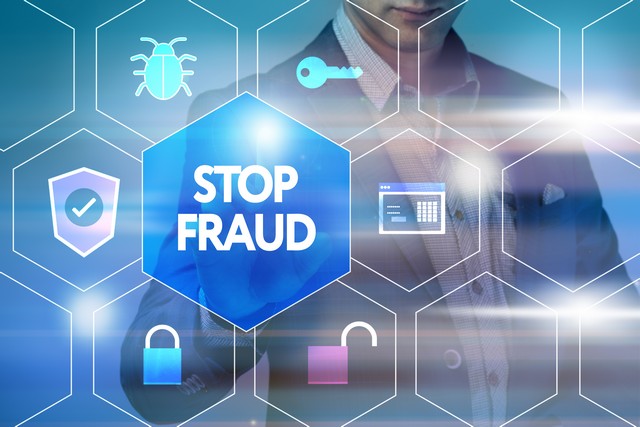Power Outages
I just had a power outage at my home or office; can the Public Service Commission help me get my power restored?
The PSC is unable to assist a customer with getting their power restored faster than other customers during power outages. If you lose power, first contact your electric utility to report the outage. If the outage is the result of a severe storm, then it is possible that there is widespread damage throughout the utility’s service territory. If this is the case, the utility may have to physically assess the damage before they can begin any restoration efforts.
As with any power outage, the electric utility’s priority will be with safety and large numbers. Medical and emergency services (like 911 call centers, police and fire stations) receive first priority in addition to restoring power to the greatest number of customers in the shortest amount of time.
Next, the utility will repair main power lines and equipment to restore the most customers at once. This is followed by restoring service to individual transformers and smaller lines to individual homes and businesses. Current Storm Outage Information and Other Resources
Will my power be restored faster if I am a special needs customer?
Unfortunately it is not possible for electric utilities to provide priority restoration to special needs customers when there are outages. It is the special needs customer’s responsibility to have an emergency back-up plan (such as a portable generator, battery backup for medical equipment, or identify places they can re-locate in extreme emergencies.) Special needs customers may get a phone call from their utility prior to a pending storm if the utility is expecting that the storm may cause widespread outages.
Special needs customers may also receive extra notice for any scheduled planned outage so that they can be prepared. Also, if the special needs customer contacts the utility about a termination notice, they may receive up to 30 additional days to pay the bill and/or enter into a payment plan. For more information about your utility’s special needs program, please contact your utility.
Is the utility required to provide me notice for a planned outage?
The utility is required to plan interruptions at a time that will not cause unreasonable inconvenience to customers and, if feasible, provide adequate notice to those who will be affected. Many planned interruptions are overnight or during the day when most customers are at work or in school. Planned interruptions are needed in order for the utility to perform emergency work and other repairs so that the system continues to work safely and reliably.
If the work needed is due to emergency repairs, chances are the utility is not able to provide written notice in advance. If notice is provided, the utility will normally include the date and the time when the planned outage will occur. Often the utility will allow for more time than what is actually needed to do the work, and the work will be done “weather permitting”. If you received notice about a planned outage and you have any questions, you should contact the utility for more information. The utility does not file notice of planned outages to the Public Service Commission.
Is the utility required to reimburse me for damage to my household appliances or electronic equipment if it was caused by a power outage or surge?
The utility is not required to reimburse you except for outages/surges unless they were caused by willful default or neglect. This is a legal term that may need to be decided by the courts. Limitations of liability or damages for power outages and interruptions are exceedingly common in the electric utility industry. It is expected that there will be outages due to storms, tree and wildlife interference, equipment failure, or other reasons. Also, intermittent (split-second) power interruptions are caused by an automatic reclosing device (breaker) reacting normally to transient fault conditions at some point along the circuit.) Faults can occur when tree limbs, animals, or something else make contact with the company’s equipment. The utility’s equipment is designed to disconnect service temporarily if there is a fault, resulting in a surge. If the problem is not cleared itself off the line after the third time, the equipment will lock out, disconnecting the electric service completely.
Typically, utilities cannot be held liable for damage caused by these events absent gross negligence or willful misconduct. Most utilities have language in their tariffs (approved by the Commission), which will limit the utilities’ liability for outages unless they were caused by willful default or neglect. Finally, it should be noted that the Commission lacks the authority of the courts to resolve claims for compensatory or punitive damages. For these reasons, the Commission’s Consumer Affairs Division (CAD) may refer a customer with a damage dispute to their insurance carrier or the courts for relief.







 1-888-373-7888
1-888-373-7888 233733
233733

